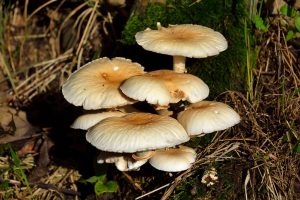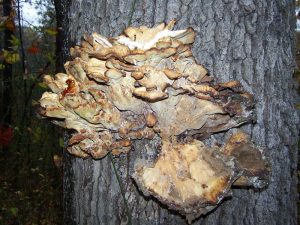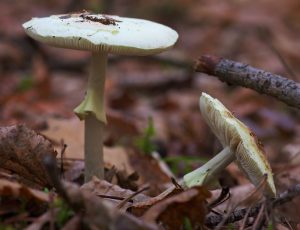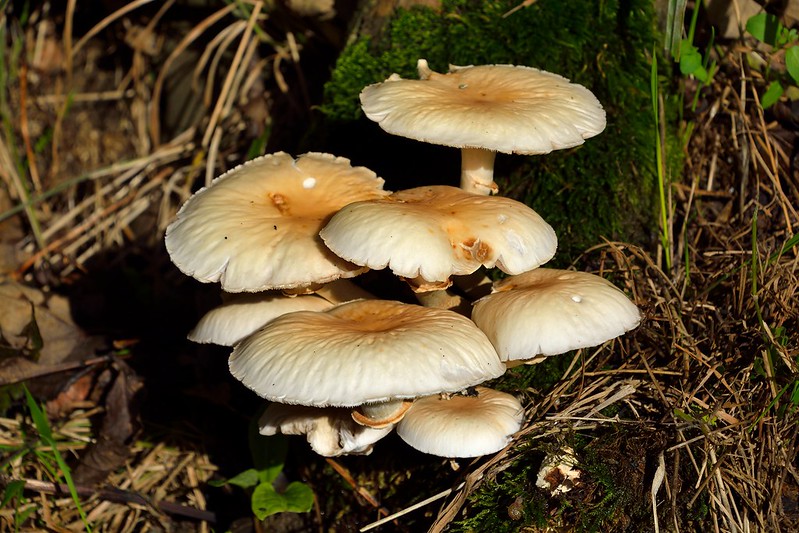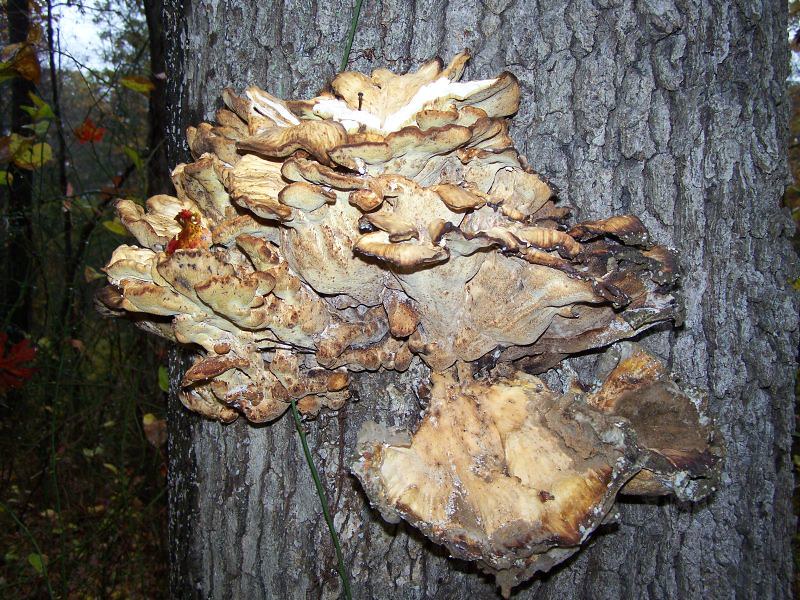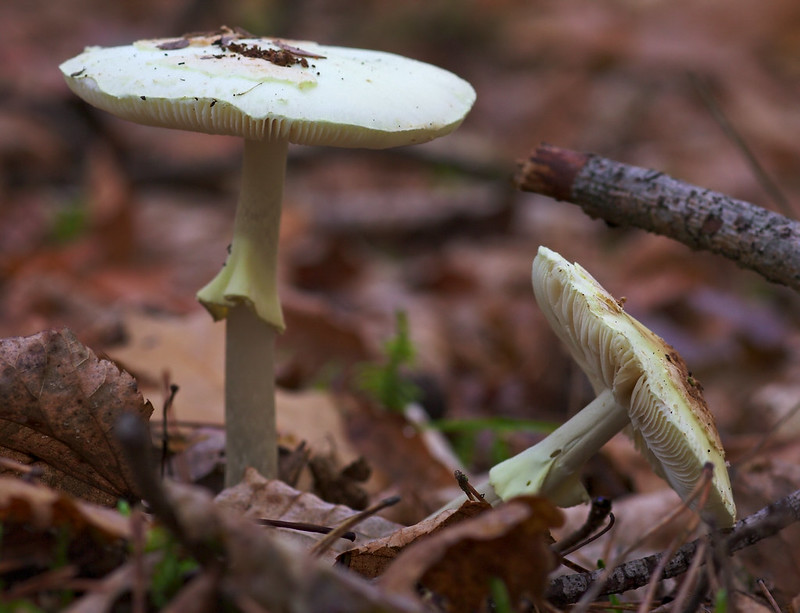Fun Fungi Facts
Fun Fungi Facts
Everyone knows that living organisms are either plants or animals, but there’s a third category… fungi! When most people think of fungi, they think of mold on a sandwich left out in the sun, or mildew in a damp shower, but fungi are far more diverse and interesting than one might think.
There are over 1400 known species of mushrooms in the world and of that 1400, about 70 species are bioluminescent. This means they glow at night, so you could light your backyard with only mushrooms if you wanted! How cool would that be? Plus, they are natural insect repellent so they can keep your backyard bright and bug-free.
Some mushrooms can even create their own wind by releasing water vapor to spread their spores (the fungus equivalent of seeds).
Mushrooms are also more closely related to animals than plants, they even intake oxygen and release carbon dioxide like humans!
Mushrooms are definitely odd creatures and are full of surprises! One surprise is that there is a 2400-year-old mushroom in Oregon. It is 2200 acres wide, making it the largest living organism on earth!
Another shocking fact is that, before trees, there were plenty of mushrooms just like the 2200 acre one in Oregon. According to Utah Public Radio, “Long before trees overtook the land, earth was covered by giant mushrooms 24-feet tall and three feet wide.”
While mushrooms are fascinating, they can also be dangerous.
The Death Cap Mushroom looks completely harmless, but it is in fact, the exact opposite. This destructive mushroom doesn’t show any signs of poisoning until it has already damaged your liver and kidneys.
Only 30% of mushrooms are edible so be careful! That 30% is very nutritious and delicious. The Laetiporus mushroom is known for tasting almost identical to chicken and a single Portobello mushroom has more potassium than a banana. Mushrooms are also one of few organisms that can produce vitamin D.
Mushrooms are beautiful and mysterious but what they are most known for is their contribution to the environment. Mushrooms break down dead plants and recycle them back into the earth. They are often used to decompose things like oil, plastic, and industrial waste. Mushrooms have been keeping our planet clean since the very beginning.
Fungi contribute so much to the environment, and we don’t even know it!
Your donation will support the student journalists of Canyon High School. Your contribution will allow us to pay for our print issue magazine, website, and equipment costs.

